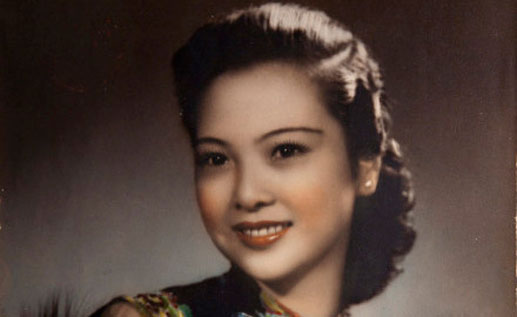Although after the fall of 1943 the Axis had disintegrated and the Allies had seized the initiative, the armed forces of fascist Germany and Japan still fought on desperately. In late November, China, the United States, and Great Britain held a conference in Cairo to further strengthen cooperation, coordinate military operations, bring an end to the war against fascism as soon as possible, and exchange opinions on postwar reconstruction and other major issues. This was the only conference of heads of state of the Allies that China attended during World War II.
At the conference the participants focused on military and political issues. In addition to attending plenary meetings, Chiang Kai-shek held several talks with British Prime Minister Winston Churchill and US President Franklin Roosevelt on behalf of the Chinese government. Militarily, the Chinese, US, and British heads of state agreed that their countries should fight together against Japan until it surrendered unconditionally. On specific plans for operations, the three countries focused on discussing the counter-offensive in Burma. Politically, they concentrated on issues related to postwar China, and dealing with Japan, the oppressed nations in Asia, and the establishment of a new international organization. Finally, the three leaders jointly signed the Cairo Declaration.
The declaration was officially published on December 1, 1943. It stated that the Three Great Allies were fighting this war to restrain and punish the aggression of Japan. "It is their purpose that Japan shall be stripped of all the islands in the Pacific which she has seized or occupied since the beginning of World War I in 1914, and that all the territories Japan has stolen from the Chinese, such as northeast China, Taiwan, and the Penghu Islands, shall be restored to the Republic of China. Japan will also be expelled from all other territories which she has taken by violence and greed... The three Allies will continue to persevere in the serious and prolonged operations necessary to procure the unconditional surrender of Japan."
The Cairo Declaration's recognition of Taiwan and other places as Chinese territories, as well as its affirmation of the need to carry on the war until the unconditional surrender of Japan, was a great source of encouragement to civilians and soldiers in China and other Asian countries fighting against the Japanese. The Declaration would also become an important legal basis for handling postwar issues in Japan.














